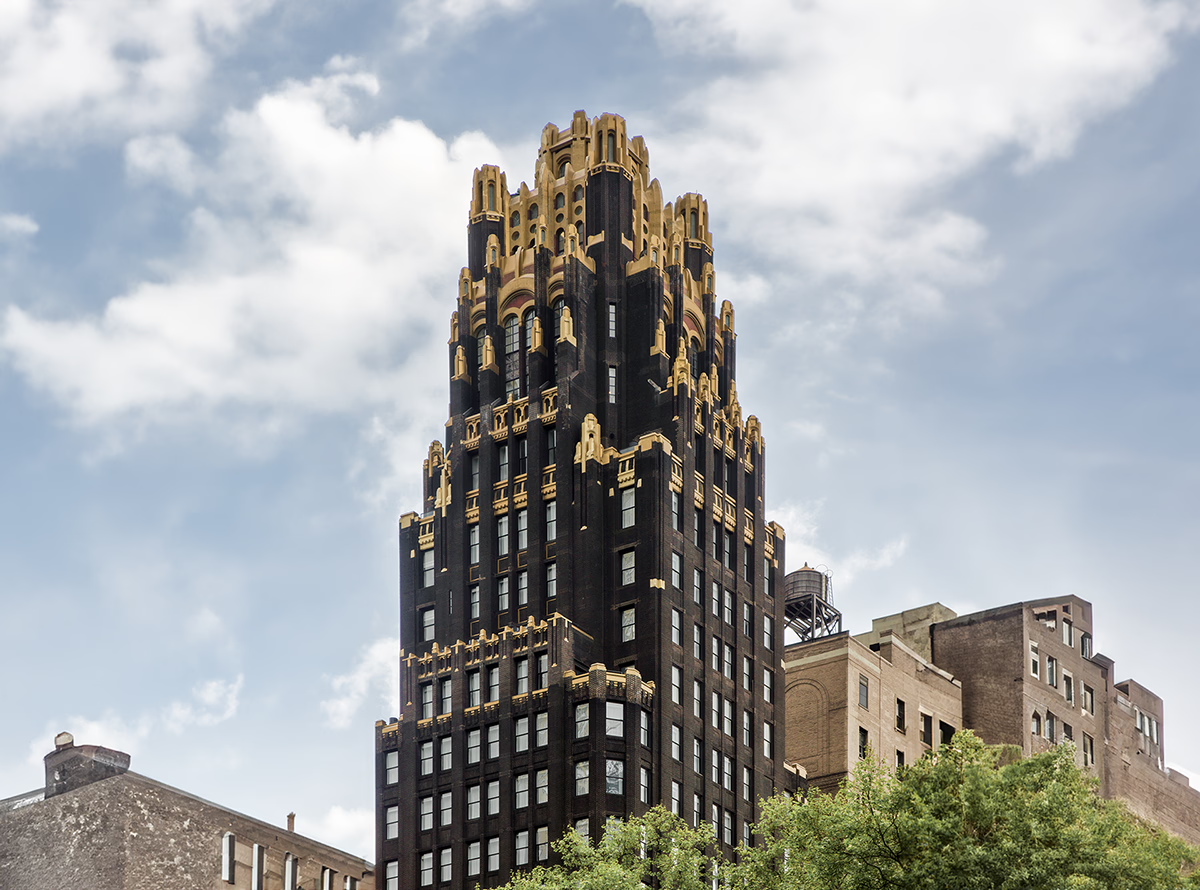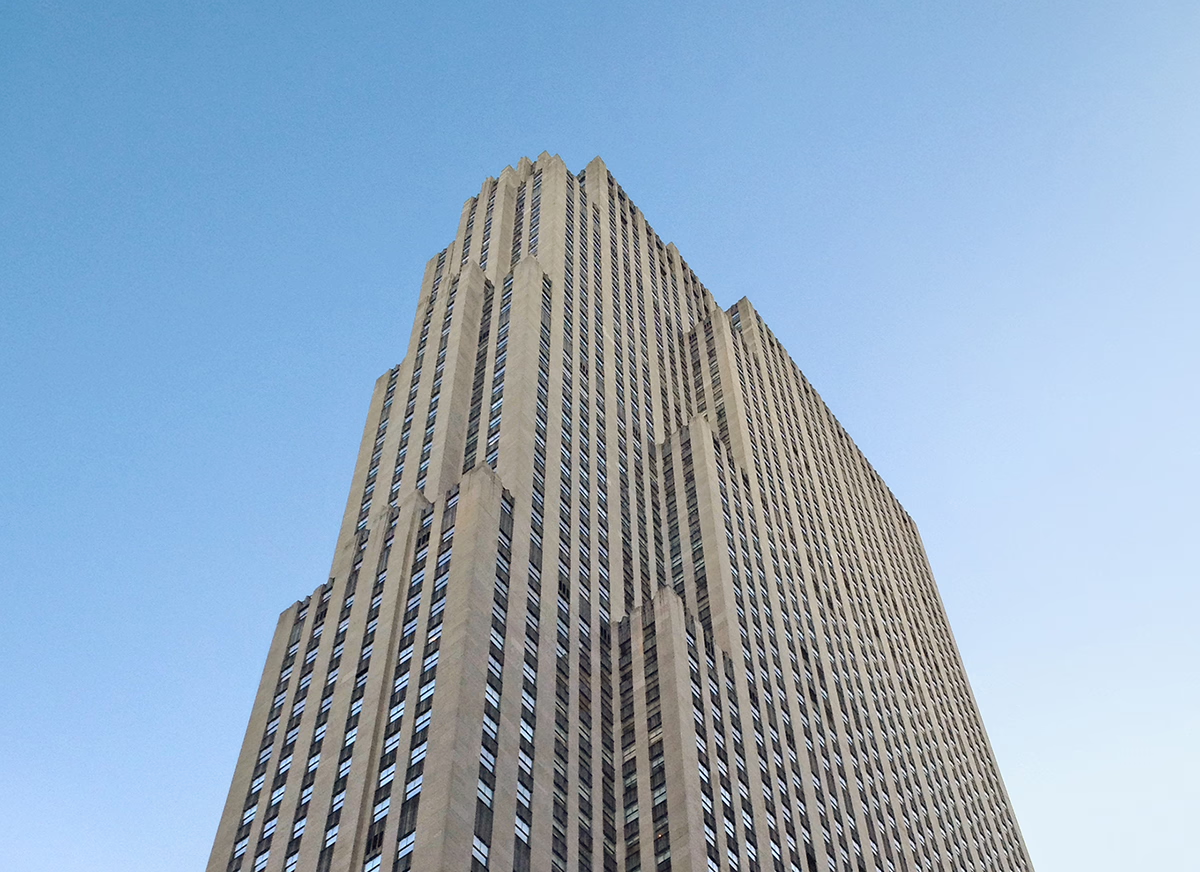American Radiator Building vs 30 Rockefeller Plaza Buiding


Comparing the American Radiator Building and the 30 Rockefeller Plaza Buiding is particularly interesting because they share the same skyline in New York, NY, and were both designed by Howells & Hood. However, they were completed more than 9 years apart.
This offers a unique perspective on how the architect's style and the city's architecture evolved over time.
Height & Size
The 30 Rockefeller Plaza Buiding is clearly the larger tower of the two, both in terms of height and number of floors. It rises to 853ft (260m) with 70 floors above ground, while the American Radiator Building reaches 338ft (103m) with 23 floors above ground.
Of course, each project may have faced different briefs or regulatory constraints, which we don't really know about and could also explain the outcome.
Architectural Style
Both the American Radiator Building and the 30 Rockefeller Plaza Buiding were designed in line with the aesthetic conventions of the Art Deco style.
Back then, theArt Deco was still an emerging movement, so both giving it a pioneering role. By contrast, the 30 Rockefeller Plaza Buiding came later, when the style was already more established.
Uses
The American Radiator Building is primarily hotel, while the 30 Rockefeller Plaza Buiding is primarily commercial.
Originally, the American Radiator Building was designed for commercial, but over time it was converted to hotel. The 30 Rockefeller Plaza Buiding by contrast has maintained its original role.
The American Radiator Building incorporates a 4-star hotel with 130 rooms. More information is available at the official website.
Structure & Facade
Both the American Radiator Building and the 30 Rockefeller Plaza Buiding rely on a Frame structural system.
A frame structure uses a grid of columns and beams to carry the building's loads. This frees the walls from structural duties, allowing for flexible floor plans and larger windows.
They also employ the same type of facade, a Masonry facade.
A masonry facade gives the building a heavier, more traditional appearance. It often conceals a frame structure behind it, creating the look of solid walls without carrying the main loads.
| American Radiator Building | 30 Rockefeller Plaza Buiding | |
|---|---|---|
| Howells & Hood | Architect | Howells & Hood |
| 1923 | Construction Started | 1932 |
| 1924 | Year Completed | 1933 |
| Art Deco | Architectural Style | Art Deco |
| Hotel | Current Use | Commercial |
| 23 | Floors Above Ground | 70 |
| 1 | Floors Below Ground | 3 |
| 103 m | Height (m) | 260 m |
| 7,200 m² | Usable Area (m²) | 195,095 m² |
| 4 | Number of Elevators | 60 |
| Frame | Structure Type | Frame |
| Steel | Vertical Structure Material | Steel |
| No | Facade Structural? | No |
| Brick | Main Facade Material | Limestone |
| Rene Paul Chambellan | Collaborating Artist | Lee Lawrie |
| NY | State | NY |
| New York | City | New York |
| 40 52 W. 40th St | Address | 30 Rockefeller Plaza |